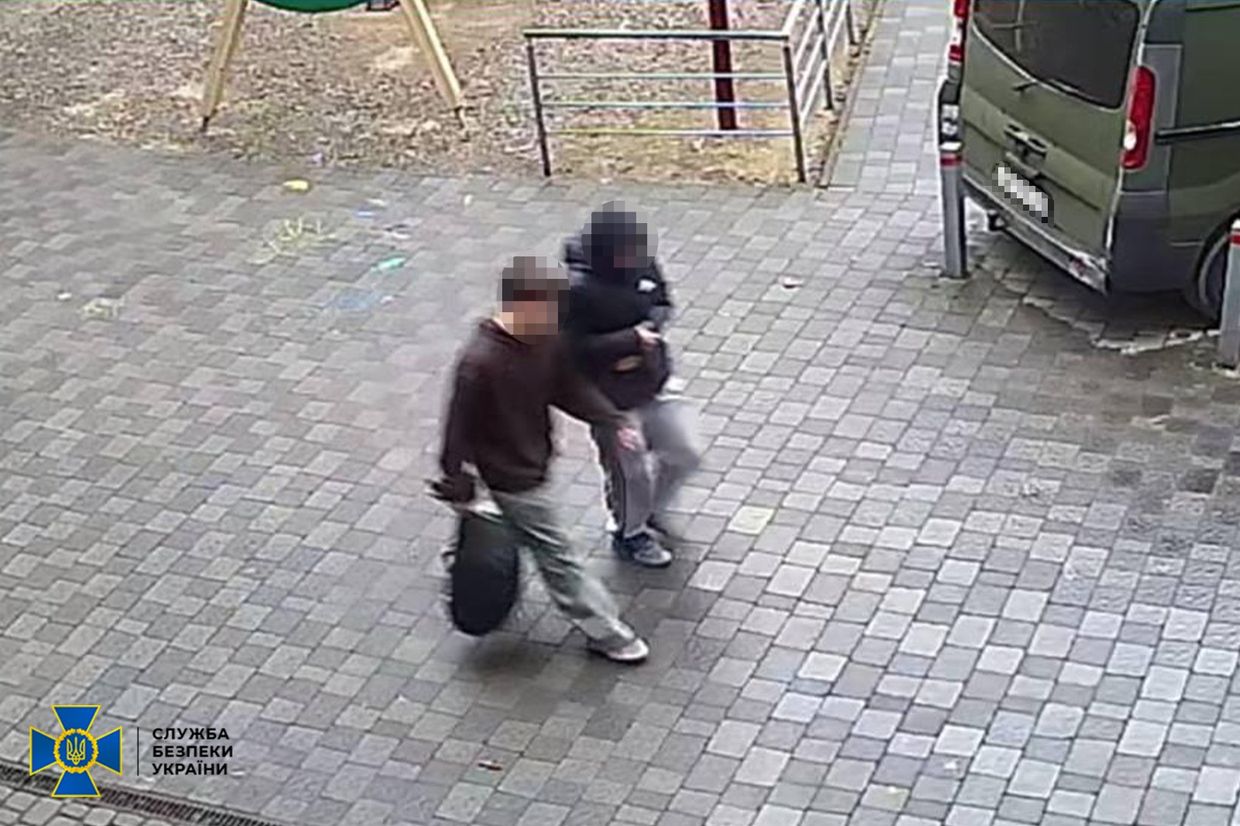Crypto crimes cost Ukraine billions annually in lost revenue, new report finds

Ukraine’s unregulated crypto market is fertile ground for criminals, corrupt officials, and Russian saboteurs to exploit, but proper legislation could help the state recover at least $10 billion in lost tax revenue and stolen funds annually, according to a new report from the Royal United Services Institute (RUSI), a think tank.
The country has one of the highest rates of cryptocurrency ownership in the world, with 16% of the population holding crypto or other virtual assets before the war, which is on par with the U.S. But the market operates in the shadows — legal to own but not recognized as legal tender — meaning billions of dollars are exchanged in crypto each year without being taxed.
Regulation is needed to help law enforcement identify crooks faster, curtail money laundering, and leverage more than $200 million in tax revenue from crypto exchanges — online platforms to buy, sell, and trade cryptocurrencies. But critics argue that too many rules could kill the sector.
Crypto usage skyrocketed after Ukraine's Central Bank shut the country’s financial borders following the start of Russia's full-scale invasion to prevent capital flight, according to RUSI. In addition to being a way of getting around capital controls, an increasing number of cash-strapped citizens have lent out their bank accounts to criminals to launder money for fees as little as $120.
These "money-mule" schemes cost Ukraine’s budget around $24 million per month, according to RUSI. Banks are wiser now, shutting down 80,000 mule accounts last year. But criminals continuously prey on poor and vulnerable citizens — a population that grows as the war drags on.
Some people don't even know they are being used as "money mules," with criminals lying to them about what they want to use their accounts for, Oksana Ihnatenko, managing director of the Center for Financial Integrity in Ukraine and co-author of the RUSI report, told the Kyiv Independent.
One major obstacle to cracking down on crypto crimes and preventing them from happening is the lack of a legal framework around the industry. Without proper training, education, and legal procedures, it’s a tough challenge for law enforcement officers and judges to move forward with cases and spot offenders earlier.

Ukraine’s parliament first voted to rein in the wild crypto market in February 2022, days before Russia’s full-scale invasion. The law remains unimplemented because the parliament must first pass a separate virtual asset taxation law by the end of the year as part of its obligations to the EU and the International Monetary Fund (IMF).
With such a weak system in place, Russian actors are also moving crypto in Ukraine’s market without being traced. Not only does this undermine Ukraine’s financial sector, it also costs lives.
In one tactic as part of a larger hybrid warfare strategy, Russians are selling hard drugs to Ukrainian soldiers with payments made via crypto to hack away at morale and hook them on dangerous substances, according to RUSI. Russian agents are also paying Ukrainian teenagers in cryptocurrency to carry out terrorist attacks across Ukrainian cities.
"It's scary," said Ihnatenko. "But if proper regulations were in place and our authorities enforced them, they would be able to monitor these issues more quickly and react faster."
Crypto regulation is new for every country, and there’s no successful global model for Ukraine to adopt. One of the main challenges is finding the balance between regulation and protecting the rights of crypto users, Yaroslav Zhelezniak, MP from the Holos Party, told the Kyiv Independent.
Many crypto users like the freedom of the unrestricted market and are apprehensive that regulation will equal high taxes — predicted to be around 18% — and more government scrutiny. The government has a history of abusing regulation and law enforcement to raid businesses, and some worry that the crypto market will suffer the same pressure unless Kyiv spearheads anti-corruption reforms.
If it's not careful, the government could frighten startups and companies into packing up their bags, Ivan Pavlovsky, CEO and co-founder of Ukrainian crypto-media Incrypted, told the Kyiv Independent. Kyiv doesn’t understand the industry enough and just sees it as another source of tax revenue without wanting to uplift the sector, he added.
“Regulation will kill the crypto market because we're not in Europe, where regulation means rules. It's just a tool to get control of the market,” Pavlovsky said.











